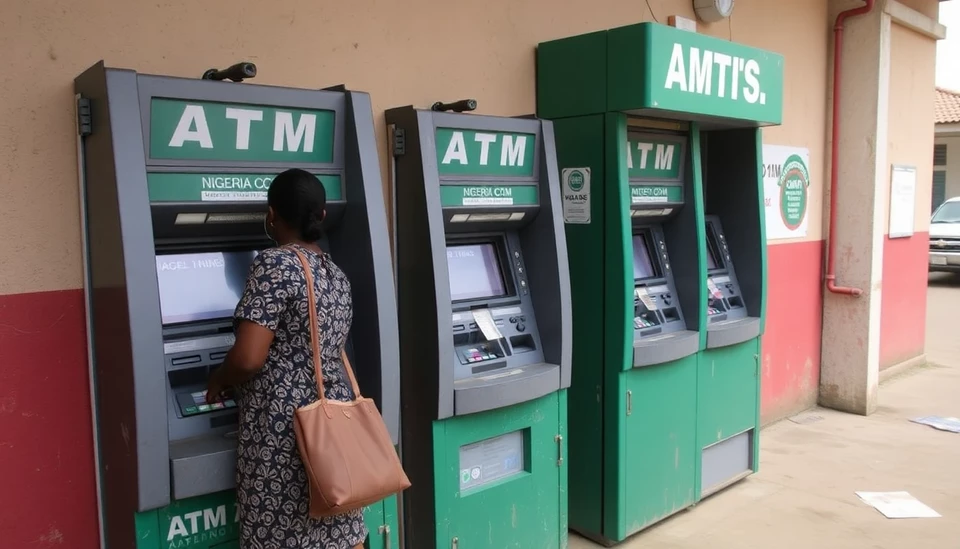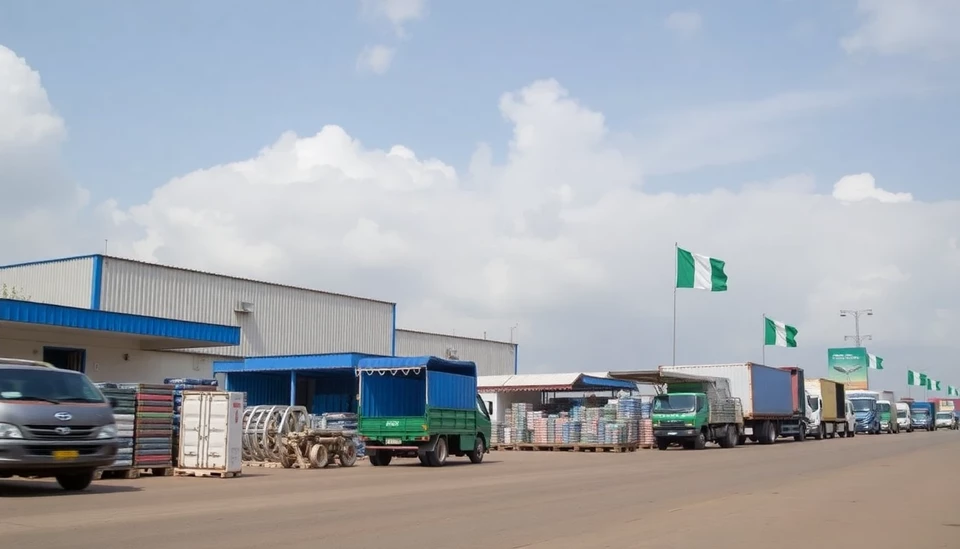
Nigeria finds itself in a peculiar predicament as its Automated Teller Machines (ATMs) face a systemic failure, leading to a significant cash shortage for citizens. The country's ATMs, once seen as a beacon of modern banking, are now struggling to meet the demands of the populace. With many machines malfunctioning or running out of cash, the reliance on cash agents has surged, filling the void left by the unreliable ATMs.
The failure of the ATM network has exposed the fragility of Nigeria's banking infrastructure, causing considerable hardships for everyday Nigerians who depend on cash for transactions. These machines, which were intended to streamline access to funds, have been failing at an alarming rate, prompting widespread frustration among customers. Reports indicate that many ATMs have not refilled cash in days, while others are simply out of order, leading to long lines and increased dependency on informal cash agents.
Amid this ATM crisis, cash agents have emerged as an essential alternative for individuals needing immediate access to funds. These agents, often small business owners or enterprising individuals, operate in neighborhoods, providing cash withdrawal services without the need for ATM machines. They have become lifelines for many people, especially in areas where ATMs appear to be on the brink of collapse.
As the cash shortage deepens, the roles of these agents have expanded. They not only offer cash services, but many have also started providing digital payment solutions. This adaptability has allowed them to capture a growing segment of the population that is increasingly seeking alternatives to traditional banking systems, particularly in rural and underserved urban areas.
Financial experts warn that the ongoing issues with ATMs could have larger implications for Nigeria's economy. The reliance on informal cash agents, while a temporary solution, raises concerns about security, regulatory oversight, and the overall health of the banking sector. Critics argue that for a country striving for modernization and financial inclusion, the current situation is a step backward, as it perpetuates a cash-dependent economy instead of promoting digital transactions.
Customers have taken to social media, sharing their experiences and frustrations with the unreliable ATM services. Many have voiced their hopes for a swift resolution to the ATM issues while simultaneously praising the local cash agents for stepping in during this crisis. As a result, cash agents have seen a rise in customers, with many capitalizing on the situation to expand their services.
The government and banking officials are now under pressure to address the ATM crisis. Discussions have begun about overhauling the existing ATM network and ensuring that banks are well-stocked to meet customer demands. However, the urgency of this situation has left many Nigerians skeptical, given the slow pace of reforms in the past.
As Nigeria navigates this challenging dilemma, one thing is clear: the evolution of cash agents could redefine how banking operates in certain parts of the country. Though temporary, their role highlights the adaptability of everyday citizens in the face of systemic failures. The long-term effects of this crisis remain to be seen, but for now, cash agents are bridging the gap in a country grappling with the challenges of modern finance.
In conclusion, while ATMs may be failing, the resilience of cash agents signifies a potential shift in the landscape of cash transactions in Nigeria. Whether this trend will encourage a more sustainable financial environment or serve as a temporary fix remains an open question. However, the urgency for reforms and improvements in banking systems cannot be overstated, as the country seeks to stabilize its economy and properly serve its citizens.
#Nigeria #ATMCrisis #CashAgents #BankingIssues #DigitalPayments #FinTech #EconomicResilience
Author: Daniel Foster




